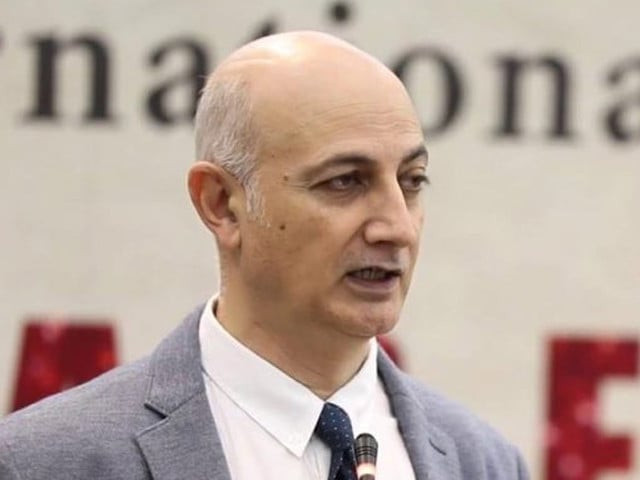NRA — a step in the right direction
The Muslim nations, especially Pakistan, must develop robust institutions because it is going to be a long haul

December hasn’t been kind to Pakistan. Fifty years ago, this week, the nation lost its eastern wing — many say on mere misunderstandings. Misunderstandings, too, haven’t been forgiving to us, either. Less than three weeks ago, Priyantha Kumara, a Sri Lankan national employed by a Sialkot-based garment manufacturing business as its manager, lost his life to a misunderstanding: he was accused of tearing down a poster purportedly featuring religious content. The content he didn’t understand!
In the West, Pakistan and the religion of the majority of the inhabitants have long been a victim of misunderstandings. To clear those relating to the latter, Prime Minister Imran Khan in October established the National Rehmatul-lil-Aalameen Authority, a body mandated to research how best to disseminate lessons from the life of Prophet Muhammad (peace be upon him) to the people. Addressing the launch of the body, he said it would be composed of scholars who would be tasked with researching how to spread the teachings of the Holy Prophet (peace be upon him) among children and adults and make them relevant to their lives.
The authority is a welcome step — in fact, a much-needed one. It comes on the heels of scores of incidents of violence in the name of religion and a rather deliberate exercise of the right to freedom of speech in the West to hurt the sentiments of billion-strong Muslims across the globe. Just in September last year, Charlie Hebdo, a French satirical weekly, republished the blasphemous sketches of Prophet Muhammad (peace be upon him), triggering worldwide protests. When confronted, French President Emmanuel Macron simply shrugged and said it was “not my place to pass judgment” on the offensive sketches.
It’s timing, and actions like this that elicit the need for a coordinated response. PM Imran Khan was very wise and sane in doing so when he, in October last, wrote to the leaders of Islamic nations, urging them “to act collectively to counter growing Islamophobia in non-Muslim states”. Preceding the letter was a personal rebuke delivered by the prime minister to President Macron for “encouraging Islamophobia” in the latter’s response to the domestic political compulsions. It was against the thought of Khan to set up a body to synchronise the response to the religious offences delivered by the West.
The National Rehmatul-lil-Aalameen Authority, with Premier Khan as patron-in-chief, will have an international advisory board, above the prime minister, that will feature top Islamic scholars, not only from Pakistan but from across the world. “We have looked at many names and are approaching them as well,” the prime minister told the gathering. Islam is a religion of peace and humanity, Khan said but lamented the fact that the West did not understand it. So, the body would also be tasked with explaining Islam to the rest of the world.
Pakistan is faced with an image problem. It is, often, portrayed as a hub of fanatics and religion-based extremism in the world. Meanwhile, the startling disclosures made in the EU DisinfoLab report highlighted the extensive magnitude and global influence of Indian propaganda and the most ambitious disinformation campaign against Pakistan — one which the world has failed to take notice of. The post-9/11 attack’s press coverage projected political Islam as a global threat. This highlights the fact that Pakistan and other Muslim countries have failed to sensitise the global community about the real picture of Islam and Muslims and the message given by the Holy Prophet (peace be upon him). The Muslim nations, especially Pakistan, must develop robust institutions because it is going to be a long haul. This authority should give particular attention to inclusive representation: scholars from faiths other than Islam and eminent female scholars since they are Pakistan’s soft underbelly.
Published in The Express Tribune, December 22nd, 2021.
Like Opinion & Editorial on Facebook, follow @ETOpEd on Twitter to receive all updates on all our daily pieces.















COMMENTS
Comments are moderated and generally will be posted if they are on-topic and not abusive.
For more information, please see our Comments FAQ